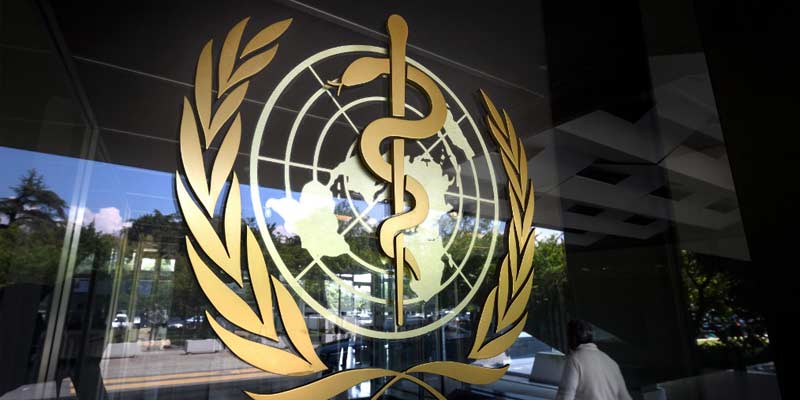- World
- Jul 03
What is WHO’s ‘3 by 35 Initiative’?
• The World Health Organisation (WHO) has launched a new initiative urging countries to raise real prices on tobacco, alcohol, and sugary drinks by at least 50 per cent by 2035 through health taxes.
• The move aims to curb chronic diseases and generate critical public revenue.
• The ‘3 by 35 Initiative’ comes at a time when health systems are under enormous strain from rising Non-Communicable Diseases (NCDs), shrinking development aid and growing public debt.
• The consumption of tobacco, alcohol, and sugary drinks are fueling the NCD epidemic.
• NCDs, including heart disease, cancer, and diabetes, account for over 75 per cent of all deaths worldwide. A recent report shows that a one-time 50 per cent price increase on these products could prevent 50 million premature deaths over the next 50 years.
• Tobacco alone causes over 7 million deaths annually. The consumption of alcohol and sugary drinks further fuels the global burden of NCDs, undermining health, economic productivity, and sustainable development.
• The ‘3 by 35 Initiative’ aims to revitalise health taxes as a powerful tool to reduce harmful consumption, save lives, and generate vital public revenue.
Key action areas:
• The ‘3 by 35 Initiative’ introduces key action areas to help countries, pairing proven health policies with best practices on implementation.
i) Cutting harmful consumption by reducing affordability: Increase or introduce excise taxes on tobacco, alcohol, and sugary drinks to raise prices and reduce consumption, cutting future health costs and preventable deaths.
ii) Raising revenue to fund health and development: Mobilise domestic public resources to fund essential health and development programmes, including universal health coverage.
iii) Building broad political support across ministries, civil society, and academia: Strengthen multisectoral alliances by engaging ministries of finance and health, parliamentarians, civil society, and researchers to design and implement effective policies.
Nearly 140 countries raised tobacco taxes
• Health taxes can help to cut the consumption of harmful products and create revenue governments to reinvest in healthcare, education, and social protection.
• The Initiative has a goal of raising $1 trillion over the next 10 years.
• A recent analysis suggests that a one-time tax increase sufficient to raise prices by 50 per cent could generate up to $3.7 trillion in new revenue globally within five years, or an average of $740 billion per year — equivalent to 0.75% of global GDP.
• Between 2012 and 2022, nearly 140 countries raised tobacco taxes, which resulted in an increase of real prices by over 50 per cent on average, showing that large-scale change is possible.
• From Colombia to South Africa, governments that have introduced health taxes have seen reduced consumption and increased revenue.
• Yet, many countries continue to provide tax incentives to unhealthy industries, including tobacco.
• Moreover, long-term investment agreements with industry that restrict tobacco tax increases can further undermine national health goals.
• WHO encourages governments to review and avoid such exemptions to support effective tobacco control and protect public health.
• This Initiative functions as a collaborative alliance. WHO will coordinate efforts with a coalition of development partners, civil society, academic institutions, and national governments.
• Together, they will support countries in designing, implementing, and sustaining effective health tax policies tailored to local contexts. This includes technical assistance on legal frameworks, tax administration, policy advocacy, and public engagement.
• The ‘3 by 35 Initiative’ offers a path to reduce dependence on external aid while promoting healthier societies and stronger economies.
Manorama Yearbook app is now available on Google Play Store and iOS App Store

